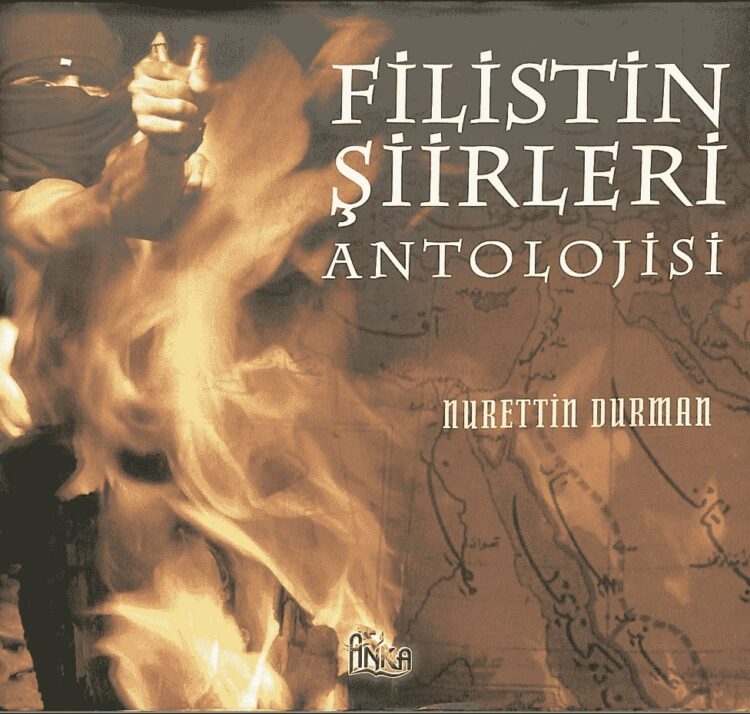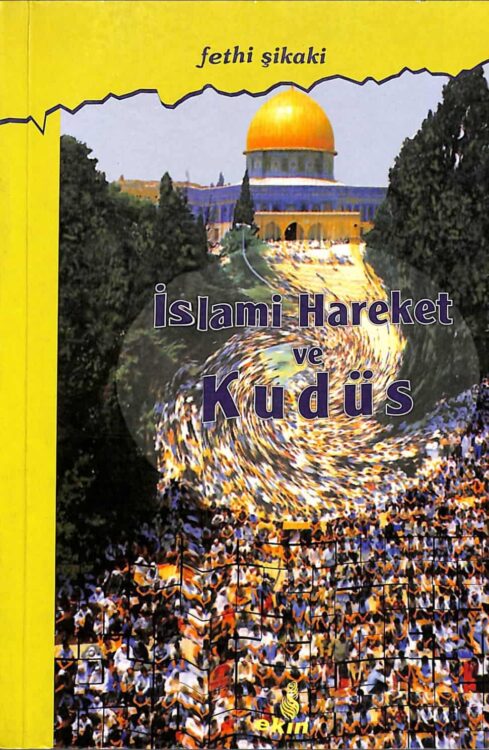
Conflict Transformation and Human Rights in Israel-Palestine.
Charles Elkins
Kitabın ÖnizlemesiHakkında
“The Israeli-Palestinian conflict is currently embroiled in a deep-seeded political impasse. The source of this diplomatic deadlock is the separate theoretical trajectories characterising each side’s approach to the conflict. Israel is more content with managing the conflict whilst the Palestinian leaderships desperately seek an outright resolution. Alternatively, at the grassroots level Palestinians are far more concerned with effectuating change in their own personal circumstances. This encompasses issues which do not directly relate to the resolution the Palestinian leaderships seek. A distinct switch in discourse from nationalism to human and civil rights is occurring on the ground. Such a switch exemplifies this political disillusionment and is indicative of the alternative theory conflict transformation theory. Parlevliet argues conflict transformation should be analysed in conjunction with human rights. In this regard, the current climate in Israel-Palestine offers a unique case study in which to apply and answer Parlevliet’s call. In doing so, this study takes Lederach’s contribution to the theory of conflict transformation and analyses it alongside Parlevliet’s argument in relation to the Israeli- Palestinian conflict and the growing call for human rights. It demonstrates the multi-layered and holistic nature of the human rights argument by showing how the switch in discourse attempts to address issues along the micro-macro spectrum. In accordance with conflict transformation, the thesis draws upon a number of theories and methodologies to explicate how the switch to a human rights discourse circumnavigates a host of ideological and political barriers, which impede a possible resolution to the much protracted conflict. It concludes by exposing the cyclical nature of the micro-macro polemics, and how they ultimately reinforce each other in strangling any diplomatic possibility for opening up more alternative discourses to the current political approaches to the conflict. “



